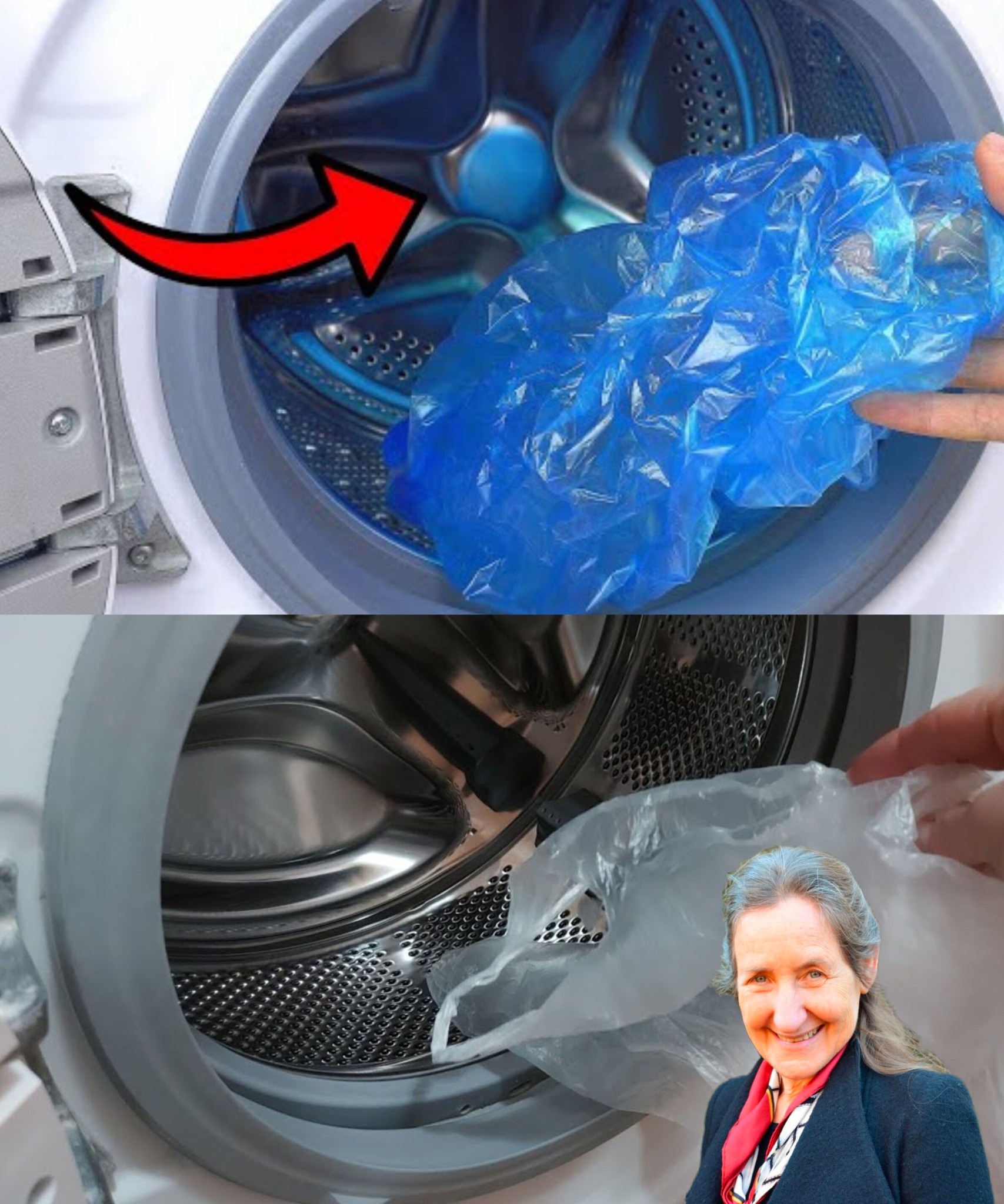Throwing a plastic bag into a washing machine might sound like an unconventional hack, but the results can be far from beneficial. While curiosity may lead you to experiment, understanding the potential consequences can save you from costly repairs and environmental damage. Let’s explore what really happens when a plastic bag meets the washing machine.
What Happens When You Wash a Plastic Bag?
At first glance, the idea might seem harmless, even clever. You might assume the plastic bag could enhance the cleaning process by adding extra turbulence or protecting certain items. However, the reality is quite different, and the outcomes aren’t as beneficial as one might think.
1. Increased Turbulence: A Misleading Effect
When a plastic bag tumbles inside the washing machine drum, it creates extra movement, often referred to as turbulence. While this might appear to aid the cleaning process, it doesn’t actually contribute to better washing. Clothing relies on the combination of water, detergent, and friction for effective cleaning. A plastic bag floating around may interfere with this balance, disrupting the wash cycle and leaving clothes less clean than intended.
2. Risk of Mechanical Damage
One of the most significant risks of washing a plastic bag is the potential damage it can cause to your machine. Plastic bags can easily get tangled in the agitator or caught in the drum. In top-loading machines, this could hinder the agitator’s movement, while in front-loading machines, it could block the drain or water pump. These scenarios can lead to costly repairs or even require replacing parts of your washing machine.
3. Unexpected Noises: A Cause for Alarm
As the bag moves around during the spin cycle, you might notice unusual noises, such as flapping, cracking, or thudding. While these sounds may seem harmless, they can mimic signs of mechanical failure, causing unnecessary worry. Additionally, if the bag is made of thin plastic, it might tear during the cycle, further complicating the situation by spreading fragments throughout the machine.
4. Ineffective Cleaning
Plastic bags are not designed to be cleaned in a washing machine. If you’re trying to reuse a plastic bag by washing it, you might find that the detergent and water don’t effectively remove stains, grease, or odors. Instead of becoming cleaner, the bag might come out just as dirty, if not more so, with added wear and tear.
5. Environmental Concerns
The environmental impact of this experiment cannot be ignored. If the plastic bag tears or breaks apart, it could release microplastics into the water system. These tiny plastic particles are a major contributor to water pollution and pose a serious threat to marine life. Moreover, attempting to reuse a plastic bag in this manner isn’t eco-friendly and could do more harm than good.
Why It’s Not Worth the Risk
While the idea of tossing a plastic bag into the washing machine might sound intriguing, the potential downsides outweigh any perceived benefits. Here’s a summary of why this hack is best avoided:
- Machine Damage: The risk of clogging or damaging your washing machine is too high, potentially resulting in expensive repairs.
- No Real Benefits: The bag doesn’t contribute to better cleaning and may actually hinder the process.
- Noise and Confusion: Strange sounds during the wash can be alarming and may lead to unnecessary maintenance checks.
- Environmental Harm: Washing plastic bags contributes to microplastic pollution, which has long-term consequences for ecosystems and human health.
Alternatives to Washing Plastic Bags
If your goal is to reuse plastic bags, there are safer and more effective ways to clean them:
- Hand Washing:
Use warm soapy water and a sponge to clean plastic bags manually. This method is gentle, effective, and prevents damage to your appliances. - Air Drying:
After washing, place the bags upside down on a drying rack or hang them with clips to dry. Avoid putting them in a dryer, as the heat could melt the plastic. - Replace with Reusables:
Consider replacing single-use plastic bags with reusable alternatives, such as silicone food storage bags or cloth tote bags. These are easier to clean and much better for the environment. - Recycle Responsibly:
If a plastic bag is too damaged to reuse, check if your local recycling program accepts plastic bags. Many grocery stores offer bag recycling bins as well.
Think Twice Before Experimenting
The idea of throwing a plastic bag into the washing machine might spark curiosity, but the risks and negative outcomes make it a questionable choice. It’s important to consider the impact on your appliance, the environment, and the overall effectiveness of the cleaning process. There are plenty of better ways to clean and reuse plastic bags, and adopting eco-friendly habits can make a positive difference.
So next time you’re tempted to try an unconventional cleaning hack, think about the potential consequences. Not every shortcut is worth taking, especially when it comes to protecting your home, your wallet, and the planet.

